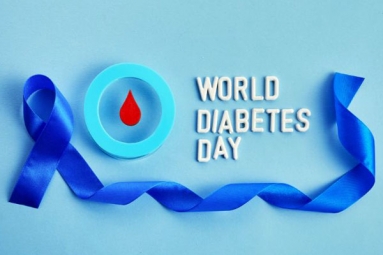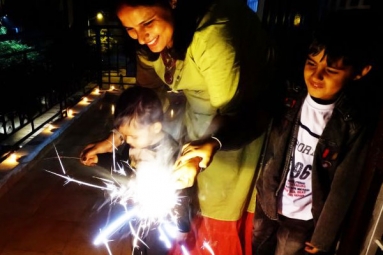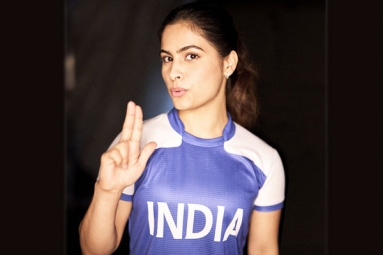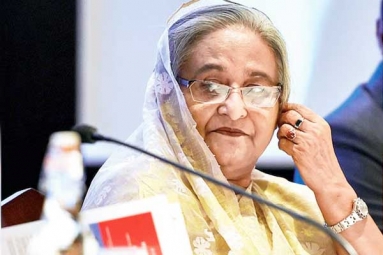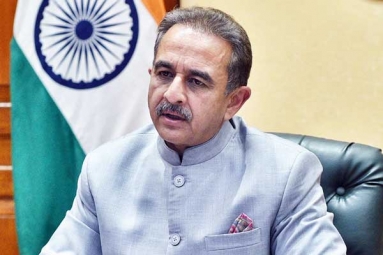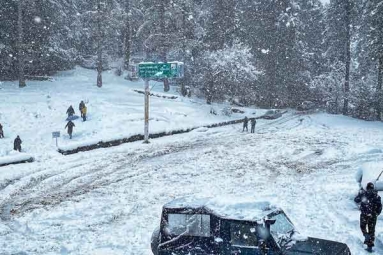
The Indian freedom Movement encompasses the activities and ideas aiming to end the East India Company rule from 1757 to 1858 and the continuation as the British Raj from 1858 to 1947. The freedom movement saw various national and regional campaigns, agitations and efforts, some nonviolent and some revolutionary.
The first organized militant movements were from Bengal, but they later took in to the political stage with the prominent moderate leaders seeking only their basic right to appear for the Indian Civil Service examinations, as well as more rights, economic in nature, for the people of the soil.
Revolutionaries such as Subhas Chandra Bose and Bhagat Singh preached armed revolution to achieve independence. Poets & writers such as Allama Iqbal, Mohammad Ali Jouhar, Rabindranath Tagore and Kazi Nazrul Islam used literature, poetry and speech as a tool for political awareness. Feminists such as Sarojini Naidu and Begum Rokeya championed the emancipation of Indian women and their participation in national politics. Babasaheb Ambedkar championed the cause of the disadvantaged sections of Indian society.
The period of the Second World War saw the peak of the campaigns by the Quit India movement and the Indian National Army (INA) movement and others, eventually resulting in the withdrawal of the British.
The Indian Independence Act 1947 was the implementation of the June 3 Plan. The Act's important provisions were as below:
1. Division of British India into the two new and fully sovereign dominions of India and Pakistan, with effect from 15 August 1947
2. Partition of the provinces of Bengal and Punjab between the two new countries
3. Establishment of the office of Governor-General in each of the two new countries
4. Conferral of complete legislative authority upon the respective Constituent Assemblies of the two new countries
5. Termination of British suzerainty over the princely states, with effect from 15 August 1947
6. The Dominion of India may be regarded as an expression of the desire for self-government of the Hindus in India
7. The Dominion of Pakistan as the expression of the demand for self-government by the Muslims
The power hungry leadership comprising Jawaharlal Nehru of Indian National Congress accepted the terms and conditions for the independence. Even Gandhi remained a mute spectator in front of Nehru, which was a big mistake for which even now the people of India and Pakistan suffering without a solution to end the enmity. Also the decision of the congress to make Nehru to lead the country, instead of Sardar Patel was a worst decision.
By Premji





